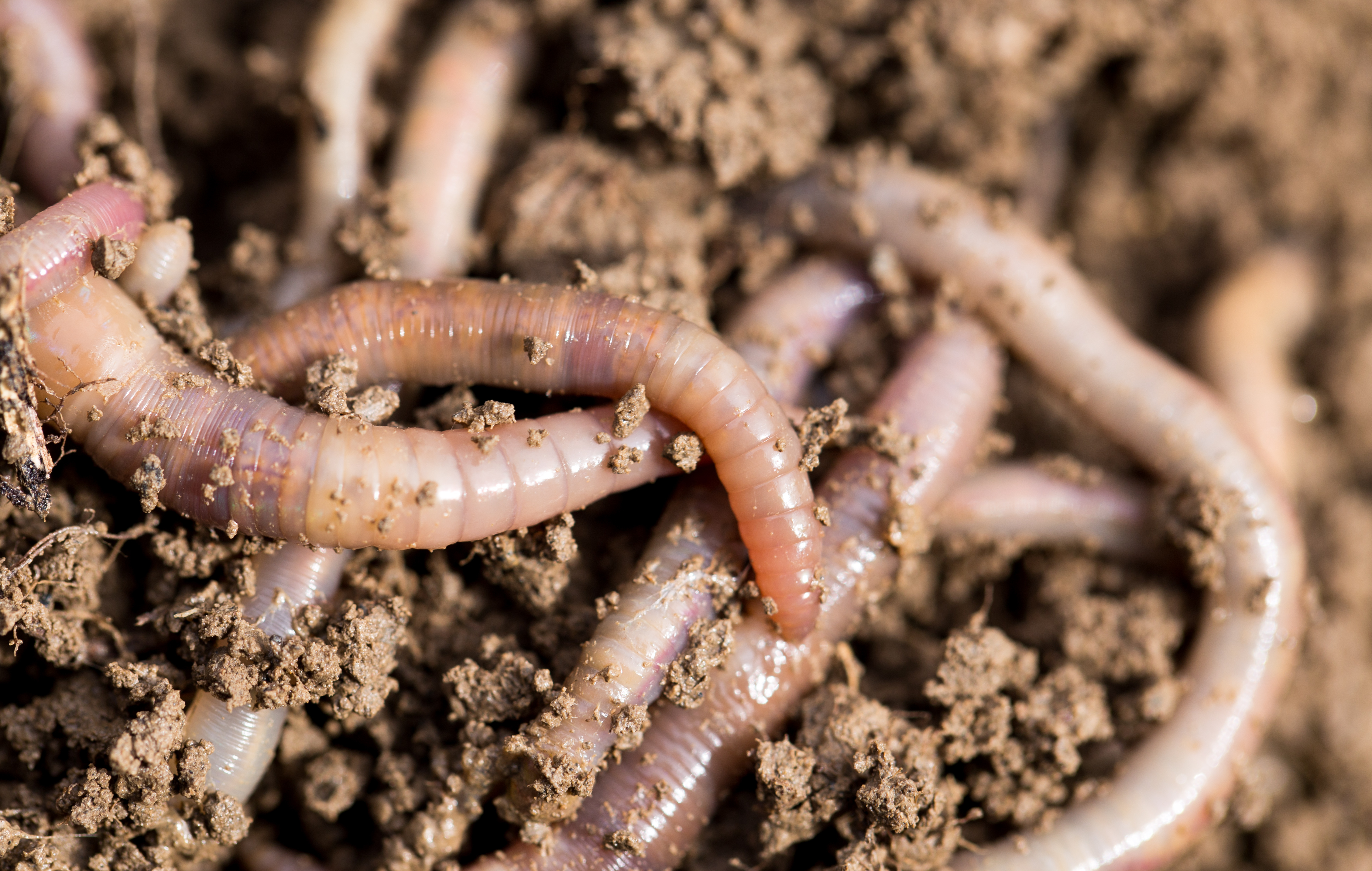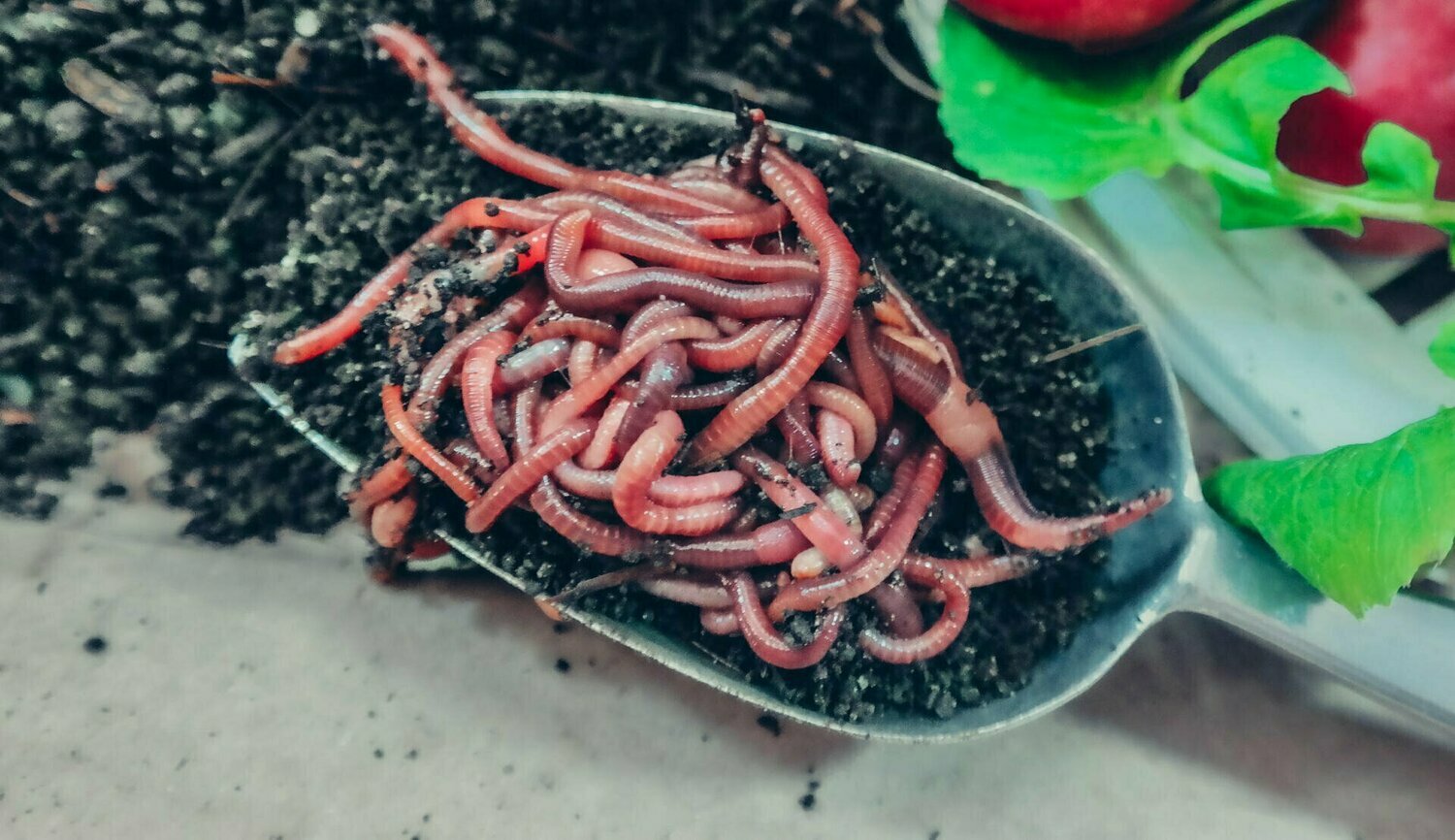Red Wiggler Worms - Important for Healthy And Balanced and Effective Gardens
Red Wiggler Worms - Important for Healthy And Balanced and Effective Gardens
Blog Article
Red Wiggler Worms Demystified: Opening the Keys of Vermiculture for Greener Living and Nutrient-Rich Soil
In the realm of sustainable methods for enhancing soil top quality and promoting eco-conscious living, red wiggler worms play an essential yet often overlooked duty. These simple animals possess the impressive capability to transform organic waste right into nutrient-rich castings that act as a powerful all-natural plant food. By diving right into the globe of vermiculture, one can uncover a myriad of advantages that expand far past conventional composting techniques. Comprehending the complexities of caring for these worms, enhancing their environment, and utilizing their castings can bring about a greener way of life and healthier dirt for plants to thrive.
The Function of Red Wiggler Worms
Red Wiggler worms play an essential function in composting systems by successfully damaging down raw material right into nutrient-rich spreadings. These ravenous eaters eat a range of organic products, such as cooking area scraps, lawn waste, and paper products. As they feed, the worms' digestive processes break down the raw material right into a fine, dark, and nutrient-dense material referred to as worm spreadings or vermicompost.
The spreadings created by Red Wiggler worms are extremely beneficial for soil wellness and plant growth. They are rich in important nutrients like phosphorus, nitrogen, and potassium, which are important for sustaining healthy and balanced plant development. Additionally, worm spreadings have valuable germs and enzymes that assist enhance dirt structure, increase water retention, and improve nutrient uptake by plants.
Benefits of Vermicomposting

Additionally, vermicompost, the nutrient-rich output of vermicomposting, functions as an excellent natural plant food and soil conditioner. It enhances dirt framework, boosts soil aeration, and boosts dirt dampness retention. These properties add to much healthier plants with more powerful root systems and far better resistance to insects and conditions. Vermicompost also enhances the soil with essential nutrients like potassium, nitrogen, and phosphorus, advertising plant growth and overall dirt fertility.
Additionally, vermicomposting assistances sustainable horticulture practices by supplying a natural and chemical-free alternative to artificial fertilizers. Red Wiggler Worms. This eco pleasant method not just enhances the soil yet also aids reduce dependence on hazardous chemicals, advertising a greener and a lot more sustainable way of horticulture
Establishing a Worm Bin
When establishing a worm bin for vermicomposting, appropriate arrangement is important to make sure the success of the composting procedure. The initial action in setting up a worm container is picking an appropriate container.
After adding the bed linen, present the red wiggler worms to the container. The worms ought to then be offered with food scraps such as fruit and vegetable peels, coffee website here premises, and eggshells.
On a regular basis keep an eye on the dampness levels and temperature in the worm bin to ensure optimum problems for the worms. With proper arrangement and maintenance, the worm bin will successfully convert organic waste right into nutrient-rich garden compost for your plants and garden.
Collecting Worm Castings
To efficiently collect nutrient-rich worm spreadings from your vermicomposting system, a systematic harvesting technique is important. When it comes time to collect the worm castings, there are a couple of vital steps to follow to guarantee a successful procedure. Stop including fresh food scraps to one side of the worm bin for a couple of weeks prior to harvesting. This motivates the worms to move sideways with fresh bedding and food, making it much easier to dig the spreadings from the various other side.

Troubleshooting Common Issues
Recognizing and dealing with typical obstacles that may occur throughout the vermicomposting procedure is essential for maintaining a productive and healthy worm container. One usual problem that vermicomposters experience is overfeeding. Adding excess food scraps can cause a buildup of wetness and acidity in the worm bin, potentially hurting the worms. To avoid this, feed the worms in small amounts, ensuring that the food scraps are effectively broken down prior to adding much more. An additional problem is undesirable odors originating from the worm bin. Foul scents show anaerobic conditions, commonly brought on by overwatering or inadequate ventilation. To treat this, readjust the dampness levels by including completely dry bed linen products like shredded discover here newspaper or cardboard and boost oygenation by transforming the bedding consistently.
Additionally, if the worm populace is decreasing or the worms show up harmful, maybe due to environmental stress factors such as extreme temperatures or pH levels. Keeping an eye on these variables and making required adjustments is important for the health of the worms. By fixing these usual issues immediately, vermicomposters can guarantee a successful and smooth vermicomposting procedure while preserving a growing worm populace.

Verdict
In final thought, red wiggler worms play an important duty in vermiculture by damaging down organic issue right into nutrient-rich soil. Establishing up a worm bin is necessary for successful vermiculture, and collecting worm castings offers beneficial compost for horticulture.
As they feed, the worms' digestive processes break down the natural matter into a fine, dark, and nutrient-dense material known as worm spreadings or vermicompost.
The castings generated by Red Wiggler worms are very helpful for dirt health and plant development. Adding excess food scraps can lead to an accumulation of moisture and acidity in the worm container, potentially harming the worms.Furthermore, if the worm population is declining or the worms show up harmful, it might be due to environmental stress factors such as extreme temperatures or pH levels. Establishing up a worm container is necessary for successful vermiculture, and collecting worm spreadings gives useful compost for gardening.
Report this page